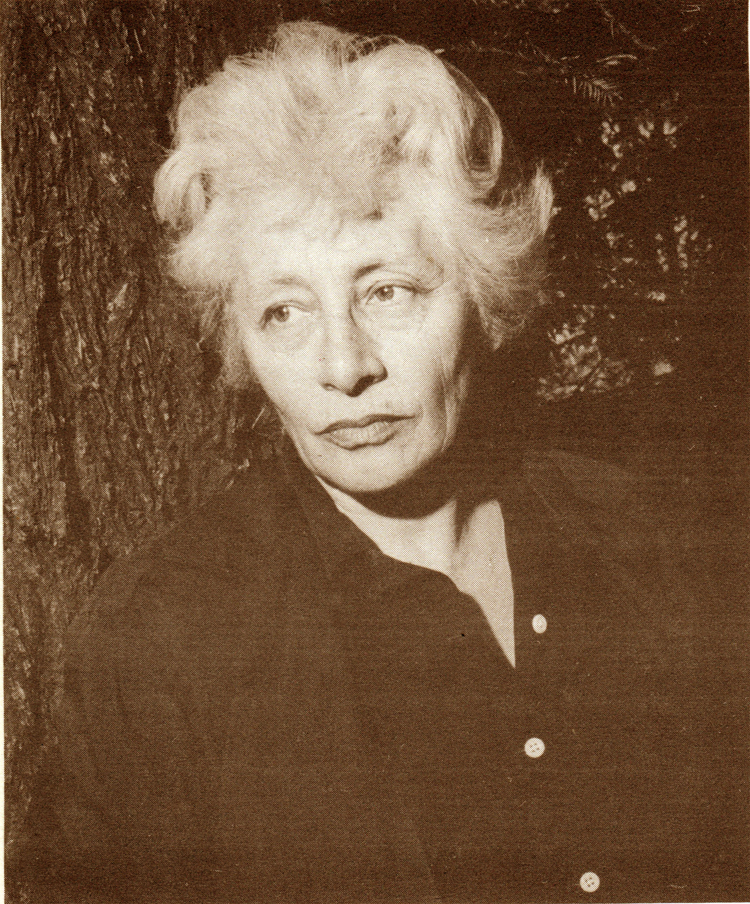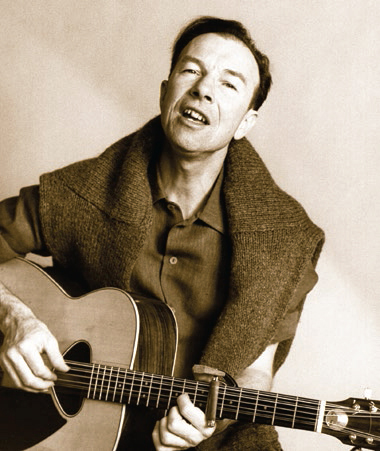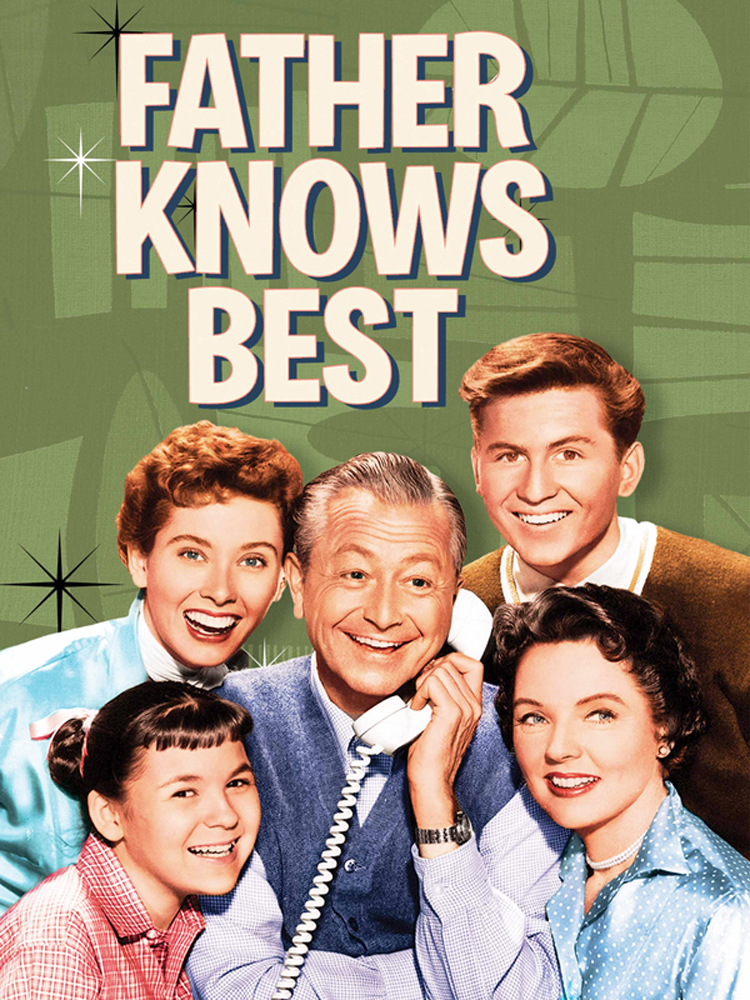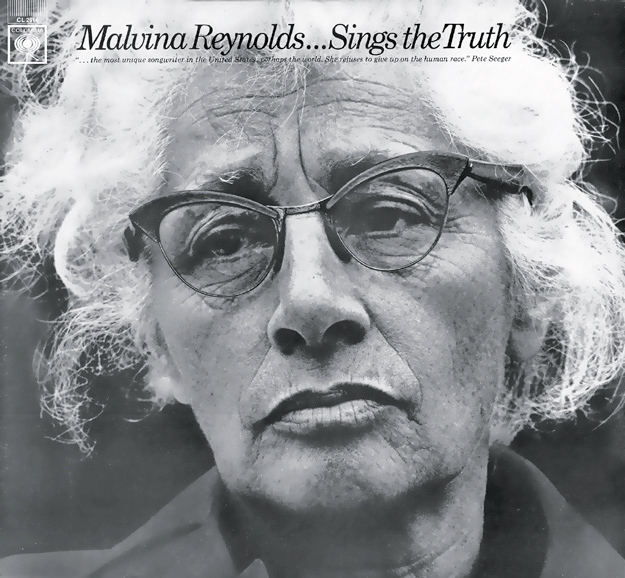Echoes of 'Little Boxes' - Page 3
 |
While those homes on the hillside may have been the inspiration for the song 'Little Boxes,' Reynolds' daughter, Nancy, contends that it was a song about conformity, not about architecture. It was more about the people inside the homes.
"And the people in the houses
All went to the university…
And they all play on the golf course
And drink their martinis dry…"
With assistance from the GI Bill in the post-WWII era, the average American could now afford a college education. The GI Bill helped returning soldiers find comfortable lives in the states, urging them to buy into the American dream. They become "doctors, lawyers, and business executives," as the lyrics go. Military benefits, it should be pointed out, allowed our family to move to the Bay Area and—thanks in particular to the GI Bill—buy an Eichler of our own.
Domesticated GIs eventually joined country clubs, played golf, and schmoozed with the establishment. It was about getting clients and making money. Think 'Mad Men' on steroids.
 |
"And the boys go into business
And marry and raise a family…"
Children were expected to follow in their parents' footsteps by mimicking their goals and taking on high-end careers. In effect, they were expected to live the same, orderly lives as their parents, to gain success and continue the cycle, even if it meant that "they come out all the same."
The singsong melody of Reynolds' innocent lullaby generated laughter in the audience when Pete Seeger performed it live. Listeners snickered at various points of the song.
Could it be they were uneasy, and just laughed at themselves and their establishment mores and lifestyles? Or were they chuckling because they were determined not to allow their generation to fall into the same traps as their parents?
 |
It may be true that the more things change, the more they are destined to remain the same. Despite everyone's attempt at diversity, every generation succumbs to a degree of social conformity.
The observations by Reynolds in 'Little Boxes' are as true today as they were in 1962. People still want their castle to live in, nice neighbors, a good car, and enough money to send their kids to college. We also continue to value safety, comfort, and convenience, as we did back then. Even the Baby Boomers, now retirees, are moving to small retirement 'villages' of lookalike homes, feeling as if they've 'made it.'
In 2022, aren't we all still living 'just the same'—at least in appearance?
 |
• Author Carol Sveilich reveals her adventures on everything mid-century and coming of age in a San Jose Eichler. Her ‘Reflections From a Glass House: A Memoir of Mid-Century Modern Mayhem’ is available in soft cover, e-book, as well as audiobook
Photography: Thomas Hawk, Andy Šedík; and courtesy Nancy Schimmel, Rob Keil Collection, History Guild of Daly City/Colma, Rico Tee Archive
Illustration: Leah Giberson




